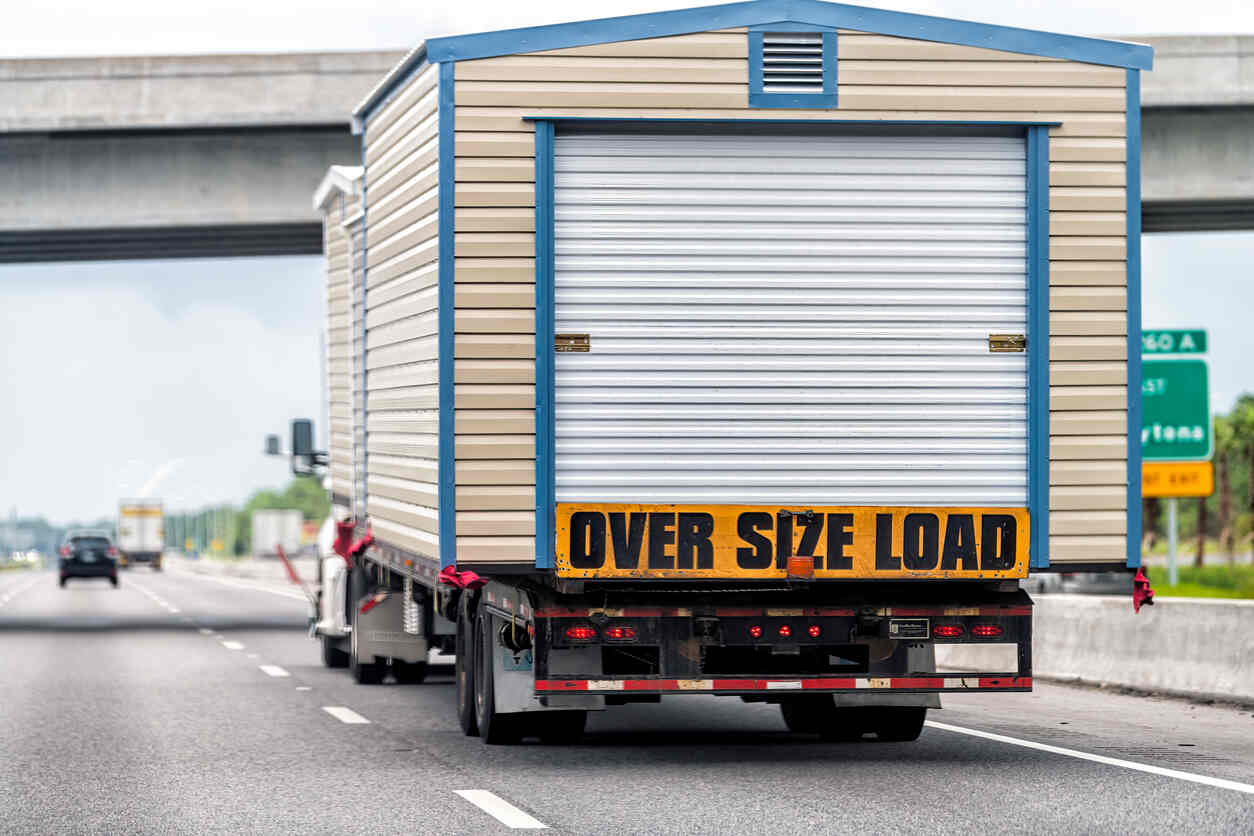Get Our Insider to Property Damage Brochure

How Do You Prove Fault in a North Carolina Delivery Truck Crash?
November 20, 2025Delivery trucks are a common sight on North Carolina roads, from large freight carriers to local delivery vans. As online shopping continues to grow, especially during the upcoming holidays, so does the number of delivery vehicles navigating busy streets and residential neighborhoods.
Unfortunately, these vehicles can cause devastating collisions when drivers or companies act carelessly. Proving fault in a delivery truck crash requires a thorough investigation, strong evidence, and an understanding of North Carolina’s negligence laws.
Why Delivery Truck Crashes Are Complex
Unlike typical passenger vehicle collisions, which can also be complex in their own way, delivery truck accidents often involve multiple parties and layers of responsibility. A delivery company may employ a driver, contract with a third party, or operate as an independent contractor. In addition, the truck’s owner, the company that loaded the cargo, or even a manufacturer could share liability if their negligence contributed to the crash.
The size and weight of delivery trucks also make them especially dangerous in collisions. Even at low speeds, these vehicles can cause severe injuries, extensive property damage, and long-term medical costs. Because of these complexities, it is essential to act quickly to preserve evidence and identify all responsible parties.
Key Evidence Used to Establish Fault
Proving fault begins with gathering detailed evidence that shows how and why the crash occurred.
The following types of information are often critical in delivery truck cases:
- Police Reports: These provide an official record of the scene, including statements, citations, and any observations of negligence.
- Driver Logs and Records: Federal and state regulations require delivery truck drivers to track their hours, routes, and rest periods. Violations of these rules can indicate fatigue or unsafe driving practices.
- Vehicle Maintenance Records: Poorly maintained trucks can lead to mechanical failures such as brake or tire issues, placing liability on the company or owner.
- Dashcam and Surveillance Footage: Many delivery vehicles are equipped with cameras that can capture the moments leading up to the crash.
- Witness Testimony: Statements from other drivers, pedestrians, or nearby residents can help confirm what happened.
- Black Box Data: Some trucks contain event data recorders that store speed, braking, and steering information.
The sooner this evidence is collected, the stronger your claim will be. Waiting too long may allow crucial information to be lost or destroyed.
Determining Liability Under North Carolina Law
North Carolina follows a contributory negligence rule, meaning that if an injured person is even slightly at fault for the crash, they may be barred from recovering compensation. Insurance companies often use this law to try to shift blame and minimize payouts.
Our experienced attorneys can investigate whether the delivery truck driver or the company acted negligently by:
In many cases, employers may also be held responsible for their drivers’ actions under the legal principle of respondeat superior, which holds companies accountable for employee negligence performed within the scope of employment.
Contact Dewey, Ramsay & Hunt, P.A. For Help Today
If you were injured in a delivery truck crash in Charlotte or anywhere in North Carolina, you do not have to take on a delivery company or insurer alone. The attorneys at Dewey, Ramsay & Hunt, P.A. have the resources and experience to uncover evidence, determine fault, and fight for the compensation you deserve.
Call 704-377-3737 or contact us online today for a free consultation. We will review your case, explain your rights, and pursue accountability from every negligent party involved.
We provide unique legal services tailored to each client’s needs and do not get paid unless you do.
Your Injury, Our Fight. How can we help you take a stand?
Because every case is different, the descriptions of awards and issues previously handled by our law firm do not guarantee a similar outcome in current or future cases.

